Drones are becoming increasingly popular and people are finding more and more creative ways to use them. But can drones see inside your house? This is a question that many people have been asking, and the answer is not entirely clear. In this article, we will explore the topic of drones and privacy and try to answer the question of whether or not they can see inside your house.
The Reality of Drones Seeing Inside Your Home
When it comes to drones and privacy, there are two realities at play. While the legal framework surrounding drone use is still in flux, existing rules and regulations don’t necessarily prevent a drone from seeing inside your home.
The reality is that drones today have advanced technology that can make it easy to observe activities inside a home. This is especially true for commercial drones, which can be equipped with high-resolution cameras and sensors that allow them to record images from great distances.
It’s important to remember that these drones are subject to the same laws of privacy as any other type of surveillance equipment like cameras or binoculars. If a drone is used to observe activities inside your home, the drone operator must adhere to federal and state laws regarding the collection of personal information.
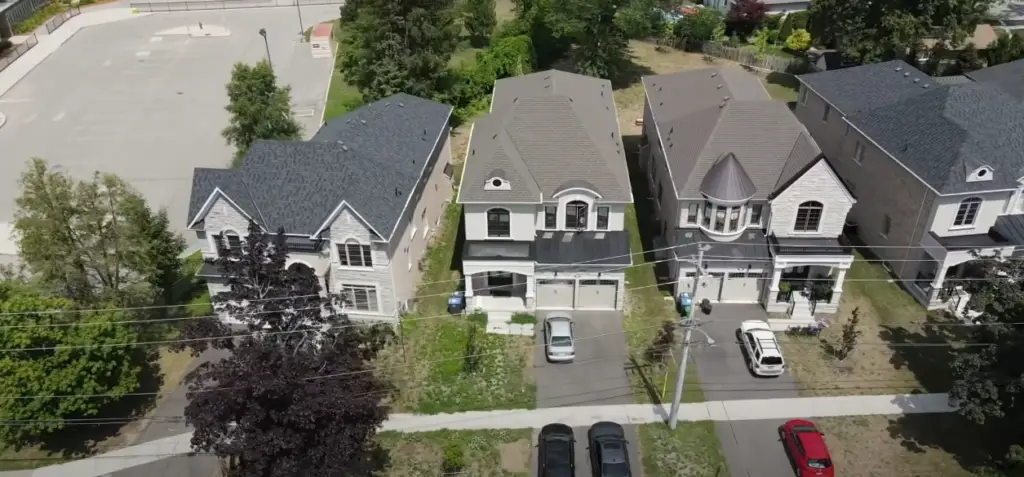
In addition to legal considerations, there are some practical measures you can take to protect your privacy from drones that may be passing by.
There are some steps you can take to limit their visibility. You can invest in window films that will obscure the view from outside, or use blinds and curtains to block out any unwanted views.
You may also want to install motion sensors on your property that will alert you when a drone is nearby. This will give you a chance to take action if you feel your privacy is being violated.
Finally, it’s important to remember that drones are not infallible and can be easily fooled.
Can A Drone See Inside My Home?
When it comes to drones, one of the main questions people have is whether they can be used to see inside the home. With advances in technology and camera capabilities, some drones are now equipped with features that could potentially allow them to take pictures through windows or even penetrate walls.
Fortunately, the answer is no – drones cannot generally see inside your home, at least not without additional modifications or special equipment. While some cameras might be powerful enough to detect movement through glass windows or other materials, most drone cameras aren’t able to do this. Additionally, laws around privacy make it illegal for someone to fly a drone over another person’s property and use its camera for surveillance purposes.
However, there are still ways that your privacy may be compromised. For instance, if you live in a densely-populated area, your home may be visible to drones flying overhead. Additionally, some drones are equipped with features such as thermal imaging or night vision capabilities that could potentially allow them to see inside a home if they were close enough.
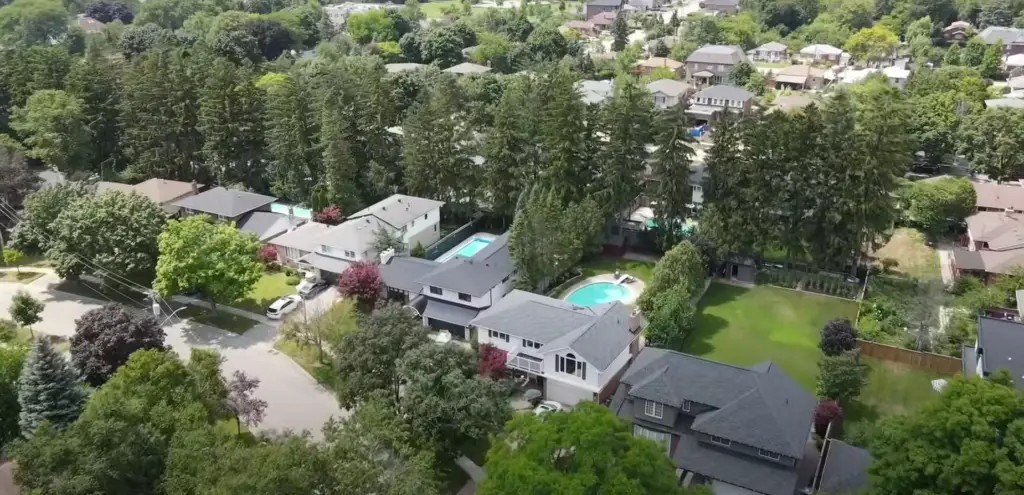
To ensure the best privacy protection, it’s important to take measures such as using curtains and blinds when possible and keeping an eye out for nearby drones. Lastly, check your local laws before operating a drone near other people’s homes to make sure you’re not breaking any regulations. With these measures in place, rest assured that your home is safe from prying eyes.
How To Tell If A Drone Is Spying On You
If you’re worried that a drone could be spying on you, there are a few steps you can take to determine if your suspicions are true.
The first step is to look for signs of drones in the sky above. This includes anything that looks like an unmanned aircraft such as large flying objects hovering in one spot or moving around erratically. Even if you don’t see a drone, it doesn’t mean that one isn’t there so make sure to pay attention and listen for any buzzing or whirring sounds coming from the air. If you hear something out of the ordinary, it might be worth taking a closer look with binoculars or a telescope.
Another way to tell if a drone is spying on you is to scan the area with an RF detector. This device can detect frequencies that are usually associated with drones, so you’ll be able to tell if one is operating nearby.
Finally, it’s important to remember that most drones must stay within line of sight of their operator or they will automatically shut down. So if a drone seems to be hovering around your property for an extended period of time, it’s likely being operated by someone who has no legal right to do so and is potentially breaking the law. If this happens, you should report the incident to your local police department as soon as possible.
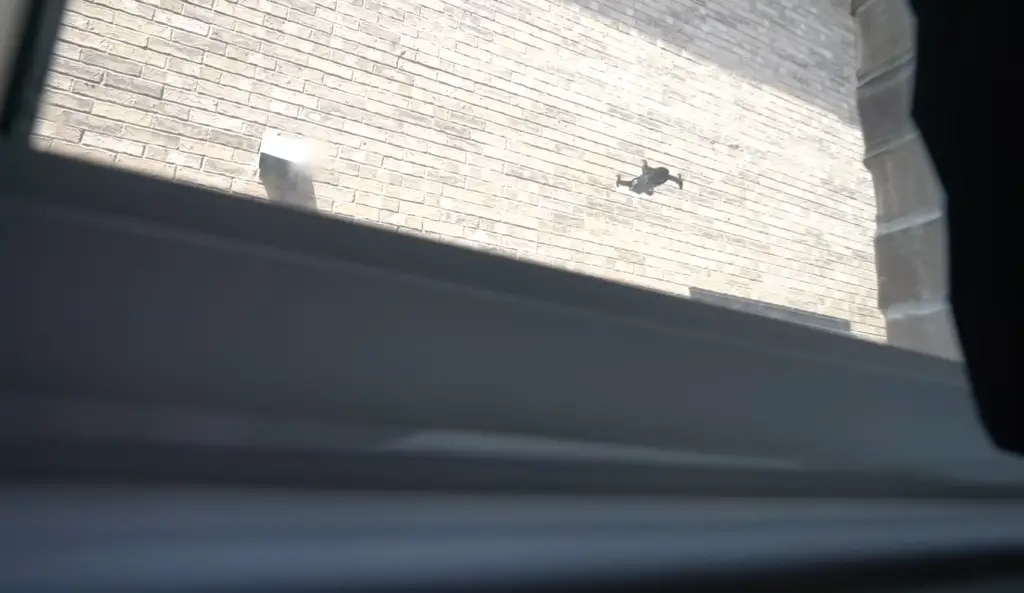
By taking these steps and staying vigilant, you can make sure that drones aren’t invading your privacy without permission. With a bit of luck, it’ll be easy to tell if a drone is spying on you and take the necessary precautions to protect yourself.
Remember: If you suspect a drone is in violation of your right to privacy, contact law enforcement immediately. It’s always better to be safe than sorry!
Anti-Drone Radar
In addition to looking for drones and using RF detectors, another option is to use anti-drone radar. This specialized equipment can detect a drone’s presence up to several miles away, giving you plenty of time to react before it gets too close. It works by detecting the radio frequencies that are used by drones and alerting you when one enters its range.
The downside is that these systems can be expensive and require installation by a professional. You also need to make sure that your anti-drone radar complies with local laws and regulations, as some jurisdictions may have restrictions on their use in public areas.
Still, if you’re serious about keeping unwanted drones away from your property, an anti-drone radar may be worth the investment. Just make sure to do your research and understand any laws that apply in your area before you make a purchase.
Radio Surveillance
Finally, if you’re really concerned about drones invading your privacy, you can use a radio surveillance jammer. This device works by broadcasting high-power signals that interfere with the radio frequency used by drones and other unmanned aircraft. When these signals are sent out, it prevents the drone from communicating with its operator and causes it to crash or shut down.
How Do You Tell If A Drone Is Watching You At Night?
If you suspect that a drone is watching you at night, there are some signs to look for. Look around your home and property for the telltale red lights of a flying device – these indicate that it’s likely in operation. You’ll also want to listen carefully for any buzzing or odd noises coming from nearby trees or roofs – drones make distinct sounds when they’re up and about, distinctive enough to alert you if one is nearby. It may be helpful to check YouTube or other online sources for sound clips of different types of drones so you know what to expect.
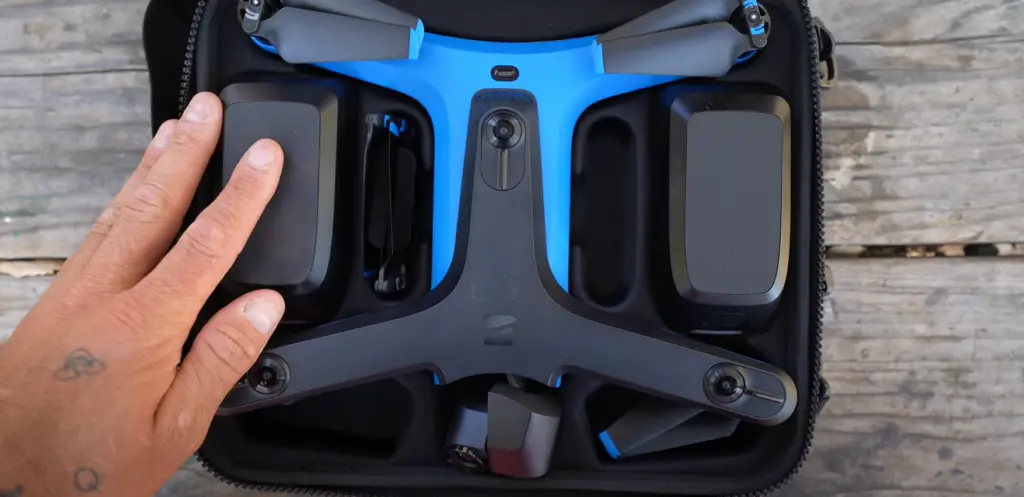
Finally, if all else fails and you still need clarification, consider using a small device called a drone detector. A drone detector scans the local area looking out for signals coming from electronic devices, such as drones. If it detects one nearby, it will alert you. This can be a great way to put your mind at ease if you’re concerned about being watched by a drone at night.
Watch Out For The Lights
It’s important to remember that many drones come with a variety of lights, and if you can see them, then chances are that the drone operator can also see your house – at least from above. On some models, this includes bright white lights on the underside of the craft that make it easier for the pilot to see what they’re flying over or near. These lights may be activated during night flights, so be watchful for any unexpected illumination in the vicinity of your home.
You should also keep an eye out for blinking green and red LED warning lights – these indicate that a drone is about to take off or hover nearby. If you spot one of these devices getting close to your home, it could be a sign that someone is trying to spy on you – and that’s definitely something worth looking into.
Listen To The Sound
Drone operators tend to use specific frequencies when operating their devices, which makes them a lot easier to detect. Keep an ear out for any buzzing or humming noise coming from the sky – these will likely be drones flying around your area. If you’re not sure what kind of drone is making the noise, take a look online and search for audio clips of different types so you can identify it.
It’s also important to remember that many modern drones use sound-canceling technology, which reduces the amount of noise they emit while in operation. So if you don’t hear anything but still suspect something might be up then it could be time to invest in a drone detector device or check with local law enforcement for further advice.
Use A Drone Detector
If you’re still worried about drones watching your home and want to be sure, then the best way to do so is by using a drone detector. These devices scan the local area for any signals sent out by electronic devices – including drones. If one is detected nearby, they’ll alert you with either an audio or visual signal.
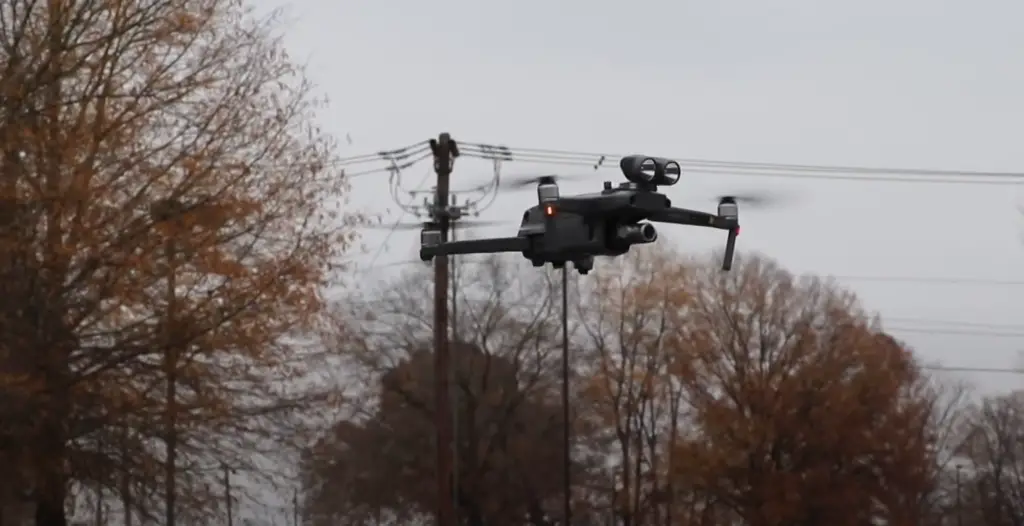
This can be a fantastic way to put your mind at ease if you think someone is spying on you from above. It’s also important to remember that some drone detectors are more powerful than others, so it may be worth investing in a higher-end model if you have serious concerns about possible surveillance.
Can Police Drones See Through Curtains?
Unfortunately, the answer to this question is a resounding yes. Police drones are equipped with powerful cameras and sensors that can detect heat signatures through even thick curtains and windows. This means that a drone could be used to observe what’s happening inside your house from outside without you even knowing about it.
The good news is, there are steps you can take to protect your privacy and ensure you don’t fall victim to police surveillance. If you want to make sure no one can see into your home using a drone, then the best way to do so is by investing in blackout curtains or window treatments that block out light completely. Additionally, if you have any exterior lights on your property, turning them off when they’re not needed will also help protect your privacy from prying eyes. [1]
Finally, be sure to check with local authorities about any drone regulations and laws in your area. In some places, police need a warrant before they can use drones for surveillance, so it’s important to stay informed. If you’re concerned about the potential for drones to invade your privacy, then taking these extra precautions is well worth it.
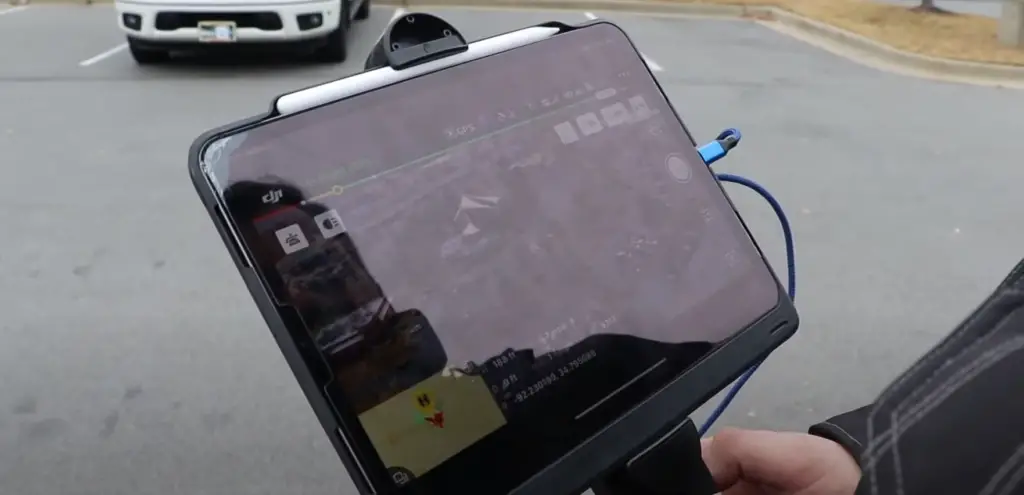
It’s impossible to completely prevent someone from spying on you using a drone, but by following these steps you can drastically reduce the chances of being seen through curtains or windows without your knowledge or consent. You may not be able to stop police drones from flying around outside, but at least now you know what they’re capable of seeing – and how to keep your privacy safe.
Can Recreational And Commercial Drones See Through Curtains?
Some people are concerned that recreational and commercial drones can see through curtains or other thin materials. The simple answer is no, they cannot; at least not with the current technology available.
Recreational and commercial drones typically have sensors that detect light in different wavelengths — from infrared to visible light. However, these sensors aren’t powerful enough to penetrate thicker fabrics like curtains. It takes a more powerful sensor, such as one found on satellites or military-grade equipment, to do this type of penetrating imaging. So while you may want to keep your windows covered if you don’t want your privacy invaded by a drone, thinner materials won’t help much if you really want to prevent anyone from seeing inside your house. [2]
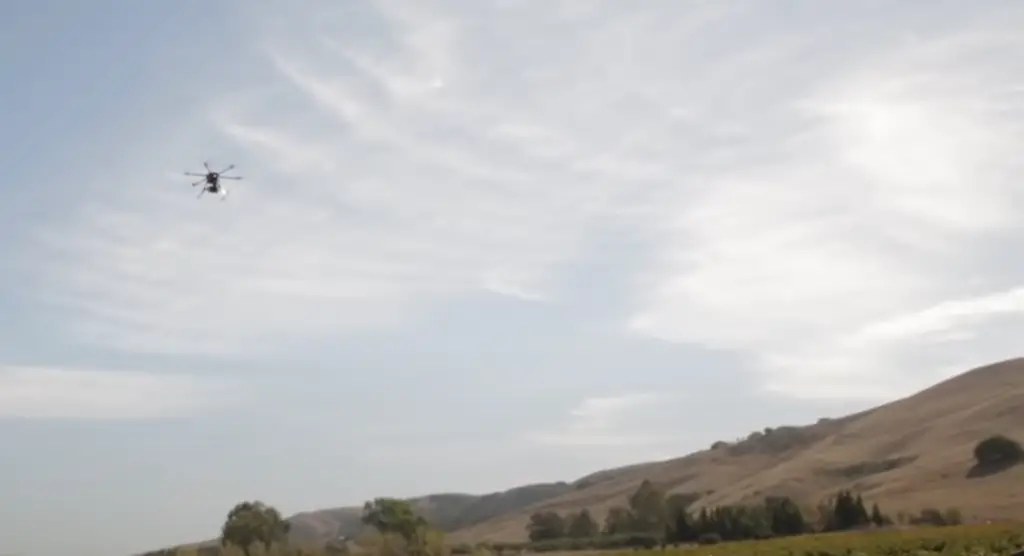
Another factor to consider is the distance from which a drone can see inside your house. Unless it’s a very powerful drone with high-powered cameras, most recreational and commercial drones cannot fly above 400 feet (122 meters) and will typically stay much lower than this altitude. So if your curtains are drawn, you can rest assured that prying eyes in the sky won’t be able to get an inside peek of your house even if they’re flying at the legal height limit.
Finally, keep in mind that many laws exist to protect people from having their privacy violated by drones. Depending on where you live, there may be strict regulations governing when and where drones are allowed to fly — both for recreational and commercial purposes. Even if a drone operator is flying legally, they may still be prohibited from capturing photos or videos through windows or other openings in your property.
In short, while you should always take steps to protect your privacy, you don’t have to worry about a drone seeing inside your house through curtains or other thin materials — at least not with the current technology available. Be sure to check local laws regarding drones and privacy so that you know what rights you have when it comes to keeping prying eyes out of your home.
FAQ
Can drones see through walls?
The short answer is no. While drones are capable of capturing high-resolution images, they cannot see through walls or windows. Drones have limited range and can only capture information from objects that are within their line of sight. In other words, if a wall or window is blocking the view, then a drone will not be able to capture any visuals inside your house. [3]
However, there are other methods that could allow drones to gain insight into what’s going on inside your home. One such technique is called thermal imaging and it uses infrared light to detect heat sources. Thermal imaging can be used to identify people, animals and even vehicles inside a building (or home) without needing direct line-of-sight access. This type of imaging is often used by law enforcement and military personnel for surveillance purposes.
How far can a drone see?
The range of a drone’s vision depends on the type of drone, its camera specs, and the environment it is operating in.
In addition to distance, different drones also have varying fields of view (FOV). The FOV determines how wide an area a drone can see – for example, a drone with a FOV of 120 degrees will be able to take in far more than one with a FOV of 90 degrees.
Finally, you should consider the type of camera that is attached to the drone. Higher-end cameras may be able to pick up more detail from further away, due to their increased resolution and zoom capabilities.
Can drones hear you?
No, drones cannot hear you. Most consumer drones don’t have any audio recording capability, and even if they did, it would be extremely difficult to pick up any sound through the drone’s small microphones. The noise of the motors spinning the propellers would make it almost impossible to discern conversation from within a house.
However, some more advanced models may come equipped with directional microphones that are designed to ignore background noises like wind or motor buzz in order to focus on specific targets. These are typically used for law enforcement and military applications, so if you’re concerned about your privacy, avoid using them for recreational purposes. In any case, these advanced technologies are still in their infancy and most likely won’t be available for commercial use for many years. [4]
Can a drone fly around my house?
Yes, a drone can fly around your house, but there are some legal considerations to take into account. Depending on where you live, the laws regarding drones may differ greatly. In the US, for example, the FAA (Federal Aviation Administration) has established regulations that state a drone must be flown below 400 feet and remain within direct sight of its operator at all times. [5]
However, if you own or have been granted permission to use your property, such as if you live in a gated community or another area with an owner’s association, then it is typically allowed to fly a drone around your home as long as it does not exceed the height limit and remains in view of its operator. It’s important to check your local laws and regulations before you fly.
On the other hand, if you are renting or do not have permission to use someone else’s property, then it is illegal to fly a drone around that home without their consent. This includes flights over public areas such as parks and beaches. If a drone does fly over someone else’s private property without their permission, they can sue for damages caused by the intrusion of privacy.
It is also important to note that even when flying your own property in accordance with the law, there may still be issues with neighbors who don’t want drones interfering with their daily lives. If this happens, it is best to try and work out an agreement with them rather than risking a legal battle.
To summarize, yes a drone can fly around your house, but there are certain laws and regulations that must be followed to ensure the safety of those in the area and to avoid any potential legal issues. It is always important to check local laws and regulations before flying a drone so you know what you can or cannot do. Additionally, it is also important to be mindful of neighbors who may not want drones flying near their property.
Useful Video: How Peeping Drones Could Be Spying On You Without You Knowing It | TODAY
Conclusion
Can drones see inside your house? The answer is no, but that doesn’t mean there aren’t ways for people to snoop on you using drone technology. Anything that connects to the internet can be hacked or used in a malicious way. Always be careful when it comes to your privacy and use caution when flying drones near sensitive areas like your home. In the end, it’s best to assume that someone can always find a way to peek in if they’re determined enough. Be sure to do what you can to protect yourself from potentially prying eyes.
Whether you own a drone or not, knowledge about how drones work and what their capabilities are will help keep you safe from potential incidents of spying or invasion of privacy. It’s important to stay informed about the latest drone technology and be aware of potential risks that come with it. By understanding how drones work, you can make sure your privacy is protected against unwanted intrusions.
Thanks for reading our guide. We hope this article has been informative and useful. Be sure to educate yourself further on drone safety and security by doing your own research or consulting with professionals in the field if possible. With the right precautions, you can protect yourself from potentially malicious activity involving drones. Good luck!
References
- https://hobbynation.net/can-a-drone-see-inside-my-home/
- https://dronetreats.com/drones-see-inside-house-through-curtains/
- https://dronesgator.com/can-drones-see-inside-your-house-through-walls-or-curtains/
- https://droneflyingpro.com/can-drones-hear-conversations/
- https://dronesgator.com/drone-flying-over-my-house/

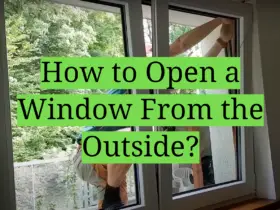
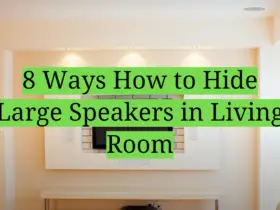
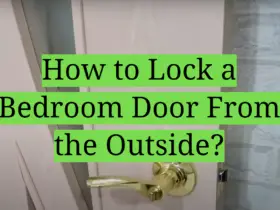
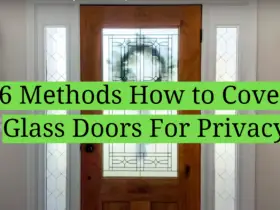
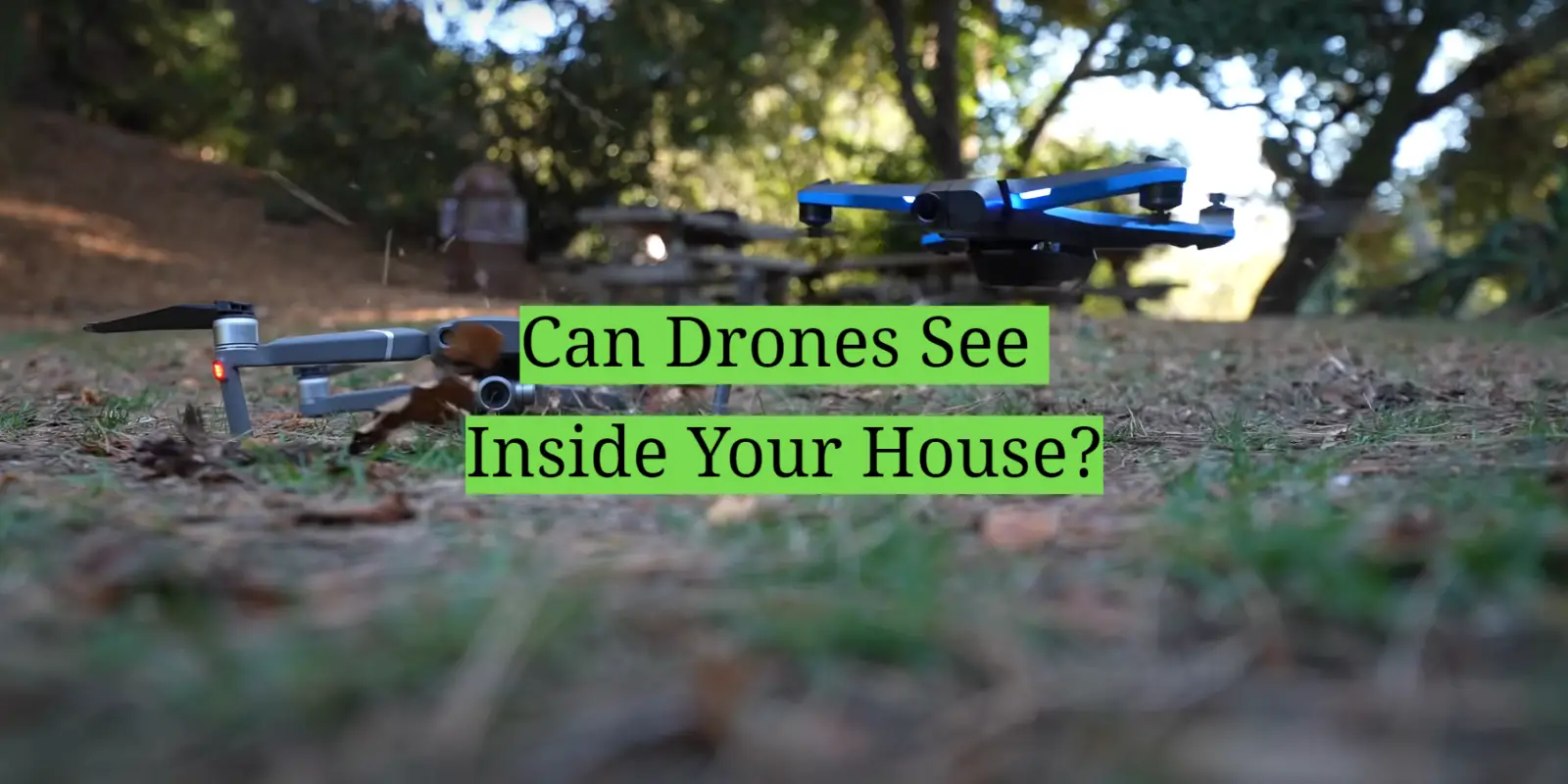





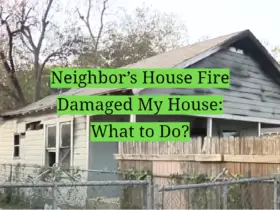
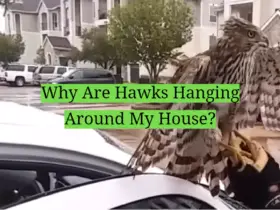

Leave a Reply